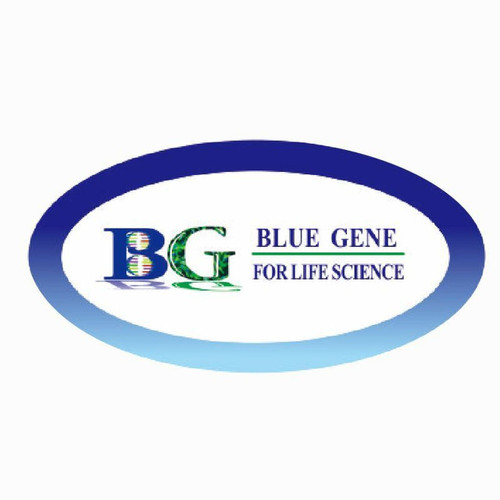Product Description
Human Aldo-keto reductase family 1 member B10 (AKR1B10) ELISA Kit | AE19349HU | Abebio
Species Reactivity: Human (Homo sapiens)
Abbreviation: AKR1B10
Alternative Name: AKR1B11; AKR1B12; ALDRLn; ARL-1; ARL1; HIS; HSI; MGC14103; aldo-keto reductase family 1; member B10|aldo-keto reductase family 1; member B11 (aldose reductase-like) |aldose reductase-like 1|aldose re
Application: ELISA
Range: 0.156-10 ng/mL
Sensitivity: 0.065 ng/mL
Intra-Assay: ≤4.5%
Inter-Assay: ≤6.7%
Recovery: 0, 97
Sample Type: Serum, Plasma, Other biological fluids
Detection Method: Sandwich
Analysis Method : Quantitive
Test Principale: This assay employs a two-site sandwich ELISA to quantitate AKR1B10 in samples. An antibody specific for AKR1B10 has been pre-coated onto a microplate. Standards and samples are pipetted into the wells and anyAKR1B10 present is bound by the immobilized antibody. After removing any unbound substances, a biotin-conjugated antibody specific for AKR1B10 is added to the wells. After washing, Streptavidin conjugated Horseradish Peroxidase (HRP) is added to the wells. Following a wash to remove any unbound avidin-enzyme reagent, a substrate solution is added to the wells and color develops in proportion to the amount of AKR1B10 bound in the initial step. The color development is stopped and the intensity of the color is measured.
Product Overview: Aldose reductase (AR) is an NADPH-dependent enzyme that was first identified by its ability to reduce glucose to sorbitol. The deduced 316-amino acid AKR1B10 protein shares 71% amino acid identity with AR. Northern blot analysis revealed that AKR1B10 is overexpressed in 54% of HCCs, while AR is overexpressed in 29% of HCCs. Northern blot analysis of normal tissues showed that unlike the ubiquitously expressed AR, AKR1B10 is expressed most abundantly in small intestine and colon, with lower levels in liver, thymus, prostate, testis, and skeletal muscle. AR and ARL1 reduce a similar spectrum of aromatic and aliphatic aldehyde substrates.Highest expression of AKR1B10 in adrenal gland, with modest expression in stomach, placenta, small intestine, and pancreas, and lower expression in all other tissues tested.
Stability: The stability of ELISA kit is determined by the loss rate of activity. The loss rate of this kit is less than 5% within the expiration date under appropriate storage condition. The loss rate was determined by accelerated thermal degradation test. Keep the kit at 37°C for 4 and 7 days, and compare O.D.values of the kit kept at 37°C with that of at recommended temperature. (referring from China Biological Products Standard, which was calculated by the Arrhenius equation. For ELISA kit, 4 days storage at 37°C can be considered as 6 months at 2 - 8°C, which means 7 days at 37°C equaling 12 months at 2 - 8°C) .
 Euro
Euro
 USD
USD
 British Pound
British Pound
 NULL
NULL








